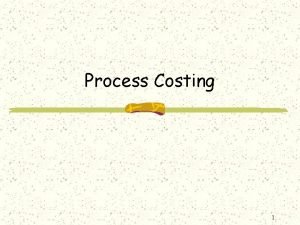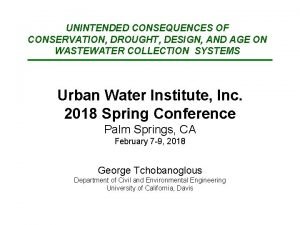NUTRITION CARE ALERTS UNINTENDED WEIGHT LOSS ACTION STEPS

- Slides: 1

NUTRITION CARE ALERTS UNINTENDED WEIGHT LOSS ACTION STEPS WARNING SIGNS OF POOR NUTRITION: Eating a well balanced diet based on individual need and condition. Needs help to eat or drink Eats less than half of meals or snacks served Has mouth pain Difficulty chewing or swallowing Has coughing or choking while eating Trouble using utensils Has sadness, crying spells or withdraws from others Is confused, wanders or paces Ask resident if anything is wrong Encourage resident to eat Offer alternative foods and beverages Help residents who can’t feed themselves Provide oral care before meals Position resident for feeding as directed Don’t rush resident who is eating Record meal/snack intake Notify nursing staff if resident has trouble using utensils DEHYDRATION WARNING SIGNS OF POOR NUTRITION HYDRATION: Drinking the proper amount of fluid. Most residents should consume 6 cups of liquid each day. Drinks less than 6 cups of liquids per day Has dry mouth or cracked lips Has sunken eyes or dark urine Needs help drinking from cup or glass Has trouble swallowing liquids Frequent vomiting, diarrhea or fever Is easily confused/tired ACTION STEPS þ Encourage resident to drink everytime you see the resident þ Offer 2 to 4 ounces of water or liquid frequently þ Record fluid intake þ Offer ice chips frequently þ Offer sips of liquid between bites of food þ If resident cannot drink without help, offer the appropriate assistance þ Make sure pitcher and cup can be lifted by resident þ Drink fluids with resident, if allowed Adapted with permission by the Nutrition Screening Initiative, a project of the American Academy of Family Physicians, American Dietetic Association, and National Council on the Aging, Inc. , and funded in part by a grant from Ross Products Division, Abbott Laboratories, Inc. These materials were developed by the National Policy and Resource Center on Nutrition and Aging at Florida International University through grants from the US Administration on Aging and US Health Care Financing Administration.

